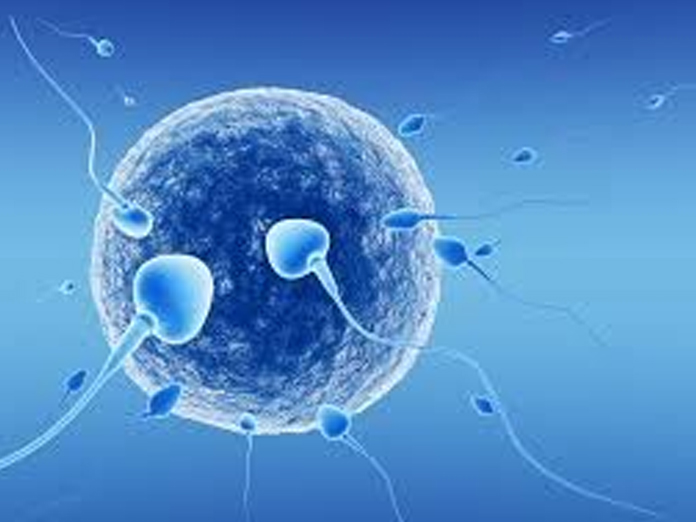Study finds ‘old’ sperm produces healthier offspring

A new research finds that sperm that live longer before fertilising an egg produce healthier offspring
Washington D.C. : A new research finds that sperm that live longer before fertilising an egg produce healthier offspring.
The study was conducted by researchers from the University of East Anglia and Uppsala University in Sweden and shows that longer-lived sperm in an ejaculate of a zebrafish male produce offspring with longer and healthier lifespans - who in turn produce more and healthier offspring themselves - than the shorter-lived sperm in the same ejaculate.
Study experts say the findings may have important implications for human reproduction and fertility, particularly in the context of assisted fertilisation technologies.
Speaking about it, lead researcher Dr Simone Immler, from UEA's School of Biological Sciences, said, "One male produces thousands to millions of sperm in a single ejaculate but only very few end up fertilizing an egg.”
Immler further added, "The sperm within an ejaculate vary not only in their shape and performance, but also in the genetic material that each of them carries. Until now, there was a general assumption that it doesn't really matter which sperm fertilises an egg as long as it can fertilise it.
But we have shown that there are massive differences between sperm and how they affect the offspring."
The research team performed in vitro fertilisations by collecting gametes from males and females. They then split the ejaculate of a male into two halves.
In one half, they selected for shorter-lived sperm and in the other for longer lived sperm. They then added the sperm to two half clutches from a female to fertilise the eggs and reared the offspring into adulthood.
They then monitored their lifespan and their reproductive output for two years.
According to Dr Immler, the longer-lived sperm within the ejaculate of male zebrafish, the resulting offspring is much fitter than their full siblings sired by the shorter-lived sperm of the same male.
"More specifically, offspring sired by longer-lived sperm produce more and healthier offspring throughout their life that age at a slower rate,” Immler said, adding, “This is a surprising result, which suggests that it is important to understand how sperm selection may contribute to the fitness of the next generations."














